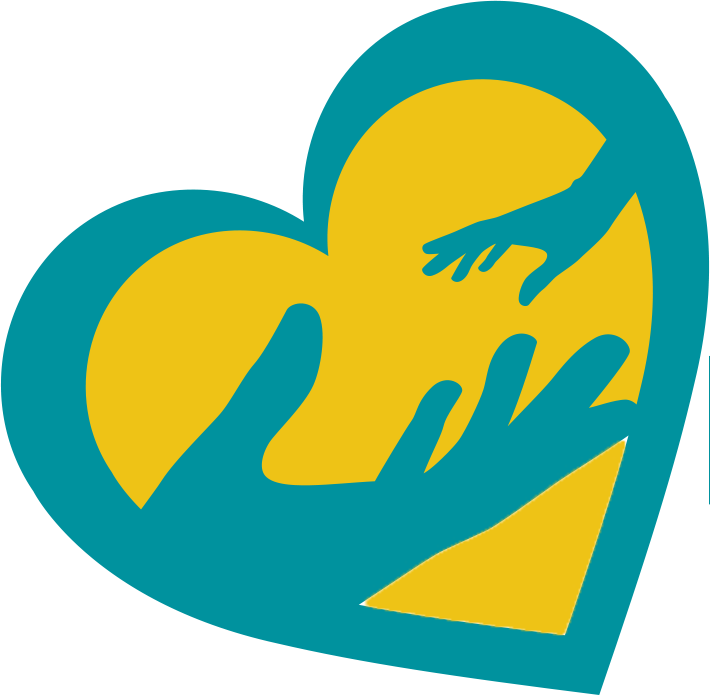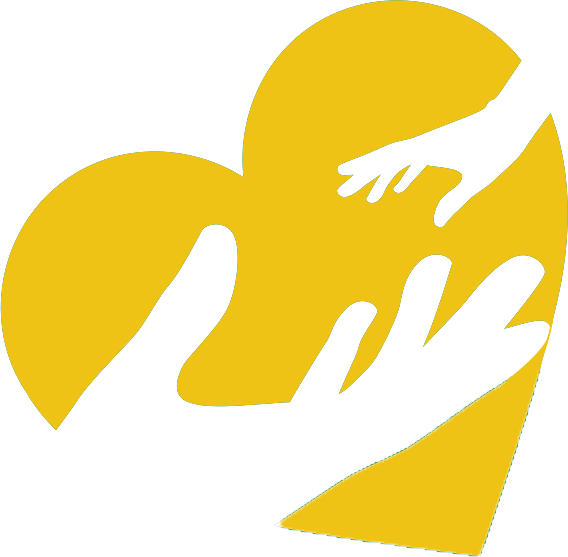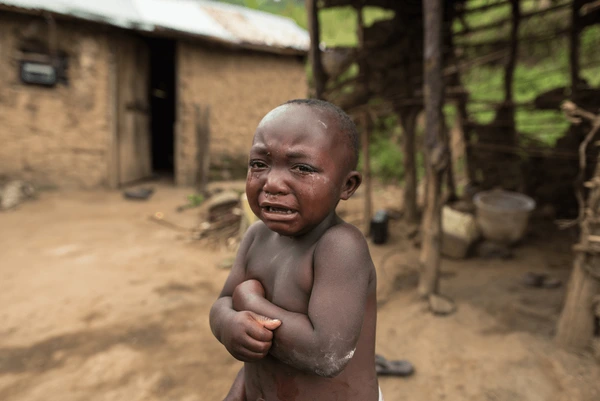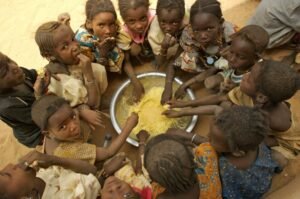Child abuse in Uganda remains a profound challenge, affecting numerous children across the country. It manifests in various forms, including physical, emotional, and sexual abuse, each leaving a significant and lasting impact on children’s physical, mental, and emotional well-being. According to the Uganda Demographic and Health Survey, about 30% of children in Uganda face physical abuse, and while emotional and sexual abuse are underreported, their presence is undeniable and equally distressing. The trauma endured by these children creates lifelong scars that influence their development, relationships, and future. BethelAid has committed itself to addressing these challenges through a compassionate and multifaceted approach that supports, protects, and empowers Uganda’s most vulnerable children.

Abuse of any form can lead to devastating, long-lasting psychological consequences. Children exposed to abuse frequently suffer from mental health issues such as Post-Traumatic Stress Disorder (PTSD), anxiety, and depression. The World Health Organization (WHO) reports that trauma from abuse can trigger behavioral problems, social difficulties, and academic struggles, hindering these children’s chances of a normal childhood and a healthy future.
Children who experience trauma may develop PTSD, characterized by nightmares, flashbacks, and severe anxiety, making daily life and social interactions immensely challenging. These symptoms often manifest in behavioral issues, with some children withdrawing from social contact, while others may exhibit aggressive or disruptive behaviors. Schools, communities, and families must recognize these signs to provide early support, as untreated PTSD can have compounding effects that extend into adulthood
Abuse can instill a deep sense of helplessness, hopelessness, and despair in affected children, leading to anxiety and depression. Studies by the Ugandan Ministry of Health reveal that children who do not receive timely psychological intervention are more likely to engage in substance abuse and self-harm in their later years. Persistent mental health issues also compromise their self-esteem and ability to build healthy relationships, creating a cycle of emotional and social withdrawal that limits their potential.
Physical abuse leaves visible scars, but the unseen effects can be equally harmful, with serious, lasting consequences on a child’s health. Injuries from abuse can lead to chronic pain, disability, and developmental delays that further complicate their future. Additionally, repeated abuse compromises the immune system, making children more susceptible to illnesses. Neglect, another form of abuse, deprives children of basic necessities, including food, shelter, and healthcare, and can lead to malnutrition, stunted growth, and weakened physical resilience.

Social Consequences of Child Abuse
Abuse does not only harm a child physically and mentally but also severely disrupts their social development. Children who experience abuse often struggle with trust, which affects their ability to form lasting relationships. The trauma can create difficulties in connecting with peers, and some children may find themselves isolated or even stigmatized by society. Schools and communities may overlook these children’s needs, leading to poor academic performance, absenteeism, and eventual dropout, compounding their disadvantage.
BethelAid plays a crucial role in breaking the cycle of abuse, providing affected children with safe spaces to heal, rebuild, and grow. Recognizing that true healing requires a supportive, nurturing environment, BethelAid offers a range of interventions that address the psychological, emotional, and physical aspects of recovery. Their services extend beyond immediate care, fostering resilience, empowerment, and hope for a brighter future.
BethelAid’s trained counselors provide, creating a safe space where children can openly share their experiences, fears, and emotions without judgment. Individualized care plans are developed for each child, ensuring that interventions are tailored to their unique needs.
Group therapy sessions allow children to connect with peers who have faced similar challenges. These sessions foster a sense of community and solidarity, enabling children to support one another as they navigate the healing process.
BethelAid’s community workshops bring parents, guardians, and community leaders together to discuss the impact of child abuse, emphasizing mental health’s critical role in recovery. These workshops aim to build awareness and educate caregivers on recognizing and addressing signs of abuse.
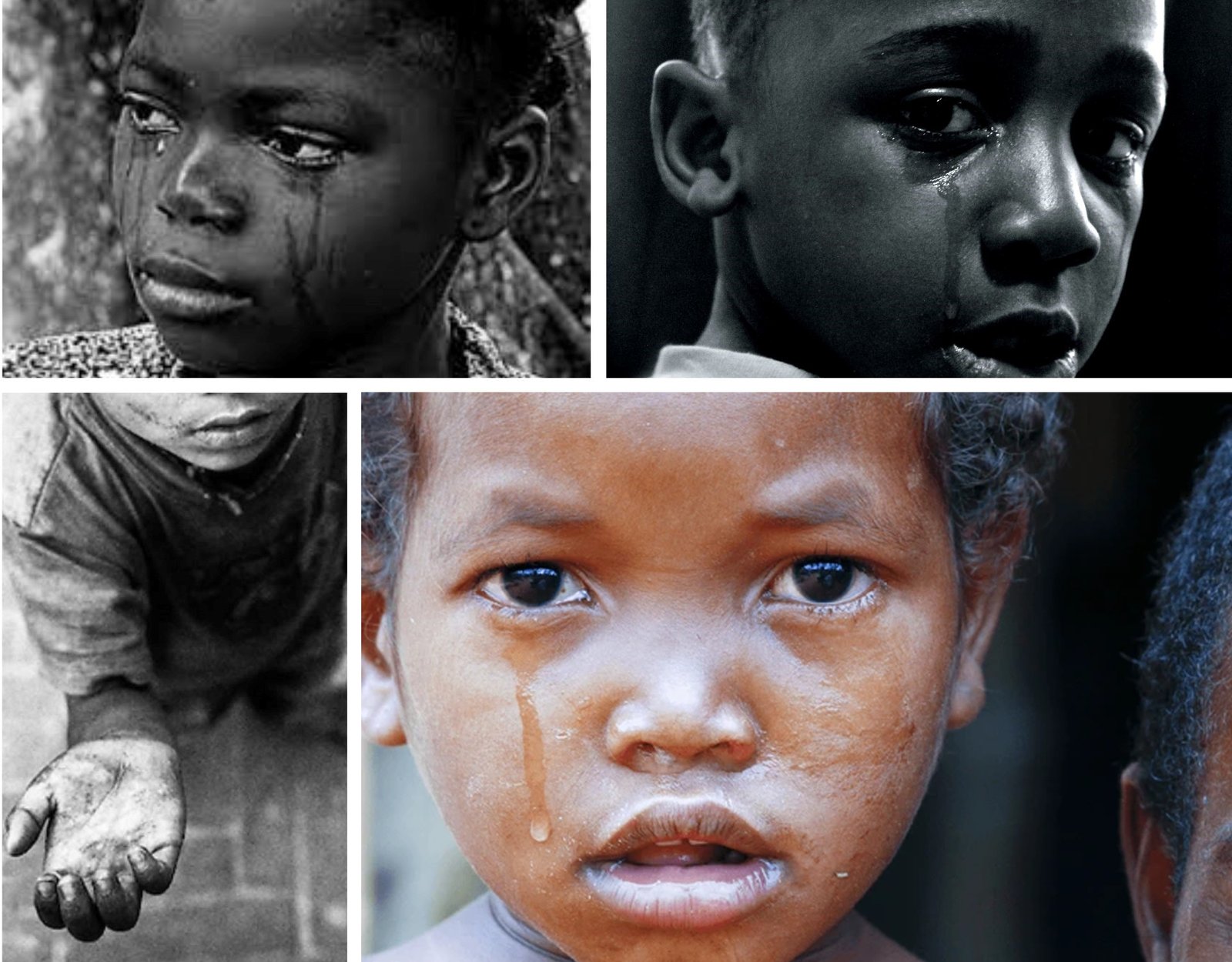
Rehabilitation Programs at BethelAid
Healing from abuse is a complex journey that requires diverse therapeutic approaches. BethelAid’s rehabilitation programs employ innovative techniques to provide holistic care, helping children rebuild their confidence, trust, and sense of self-worth.
- Art therapy enables children to express emotions they might struggle to articulate. Through painting, drawing, and other creative forms, children can process their trauma and convey complex feelings in a safe, constructive way. Art therapy has been shown to improve self-esteem and emotional regulation, providing a healthy outlet for healing.
- Recognizing play as a natural part of childhood, BethelAid uses play therapy to help children engage with their emotions and develop coping mechanisms. In a supportive environment, children use toys, games, and role-playing exercises to express themselves, leading to a deeper understanding of their feelings and experiences.
- Beyond therapy, BethelAid equips children with essential life skills that foster independence, resilience, and self-confidence. These skills include communication, decision-making, and conflict resolution. Such training ensures that children are better prepared to navigate future challenges, empowering them to reclaim control over their lives
The Urgent Need for Expanded Outreach
Although BethelAid has made significant strides in supporting children impacted by abuse, the need for expanded programs is undeniable. Reaching more vulnerable children requires community engagement and support through donations and advocacy. Contributions enable BethelAid to provide essential resources, such as therapy sessions, counselor training, and safe spaces for healing.
Adequately trained counselors are vital to BethelAid’s mission. By investing in counselor training, the organization can expand its reach, ensuring that more children receive the quality care they deserve. A well-equipped, compassionate team enables BethelAid to offer more specialized and effective interventions. Donations directly support therapy sessions and the maintenance of safe spaces, where children can find comfort and security as they embark on their healing journeys. Safe spaces are fundamental in helping children feel protected, allowing them to share their experiences openly and honestly.
Creating a Safer, Brighter Future for Children
Ending the cycle of abuse is a community effort, requiring collaboration, awareness, and commitment from all stakeholders, including government bodies, local leaders, and individuals. BethelAid’s work not only offers hope to children but also instills a broader societal commitment to protecting Uganda’s most vulnerable populations. With community support, we can ensure that children are given the opportunity to heal, grow, and succeed.
The effects of child abuse are far-reaching and deeply ingrained, influencing the lives of victims long into adulthood. However, with organizations like BethelAid, there is hope for change. BethelAid’s comprehensive approach addresses the emotional, physical, and psychological scars of abuse, helping children find strength and resilience. By supporting BethelAid’s mission, communities can play an active role in breaking the cycle of abuse, offering future generations the possibility of a life free from violence and filled with opportunity.
